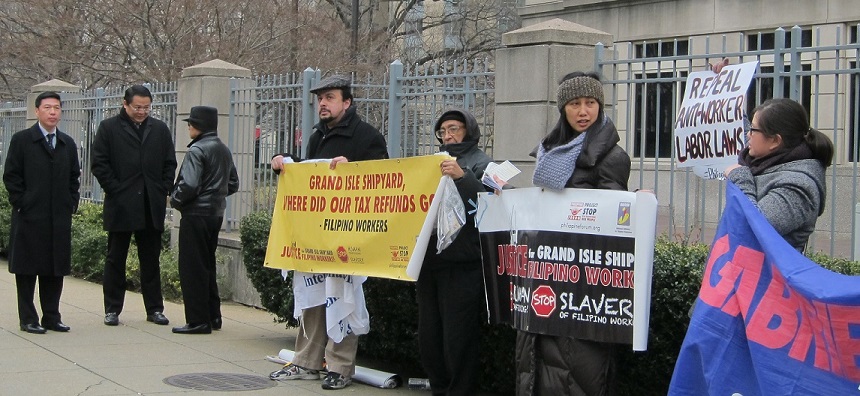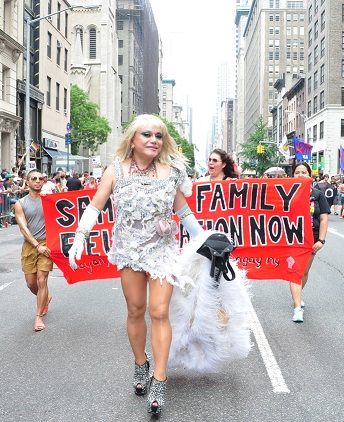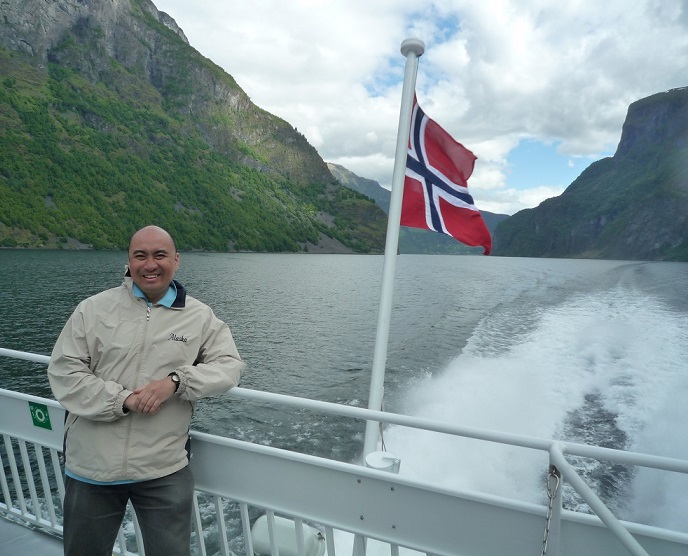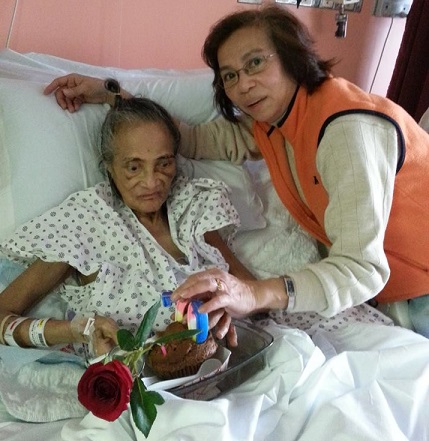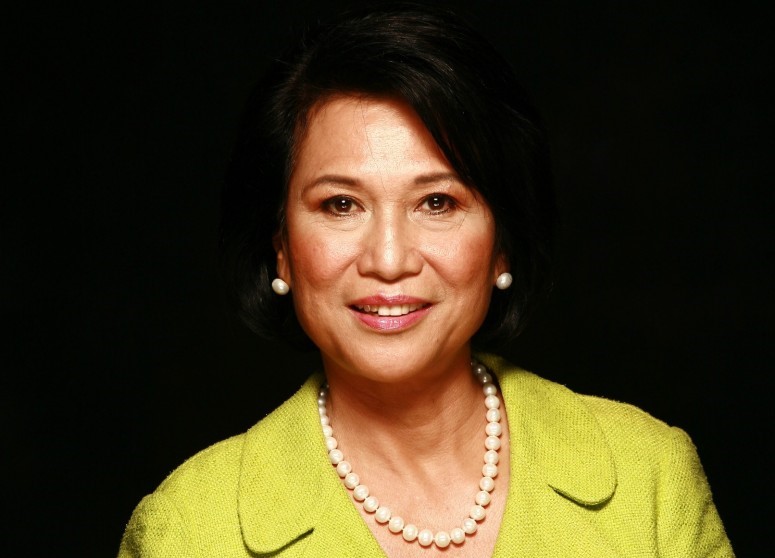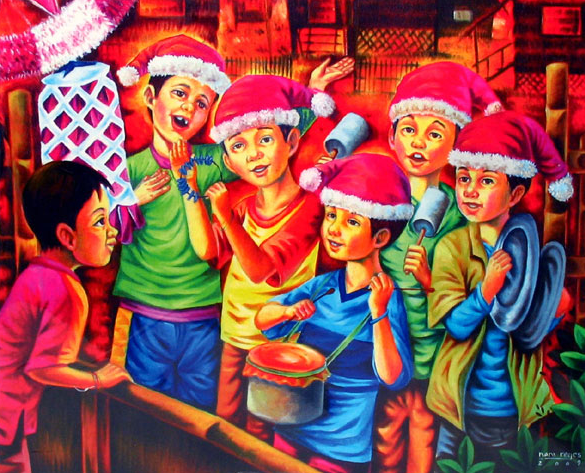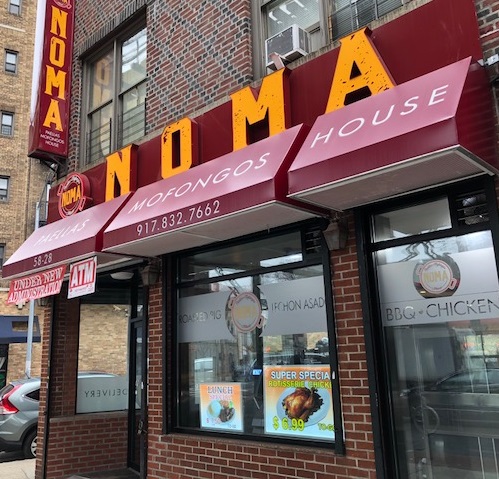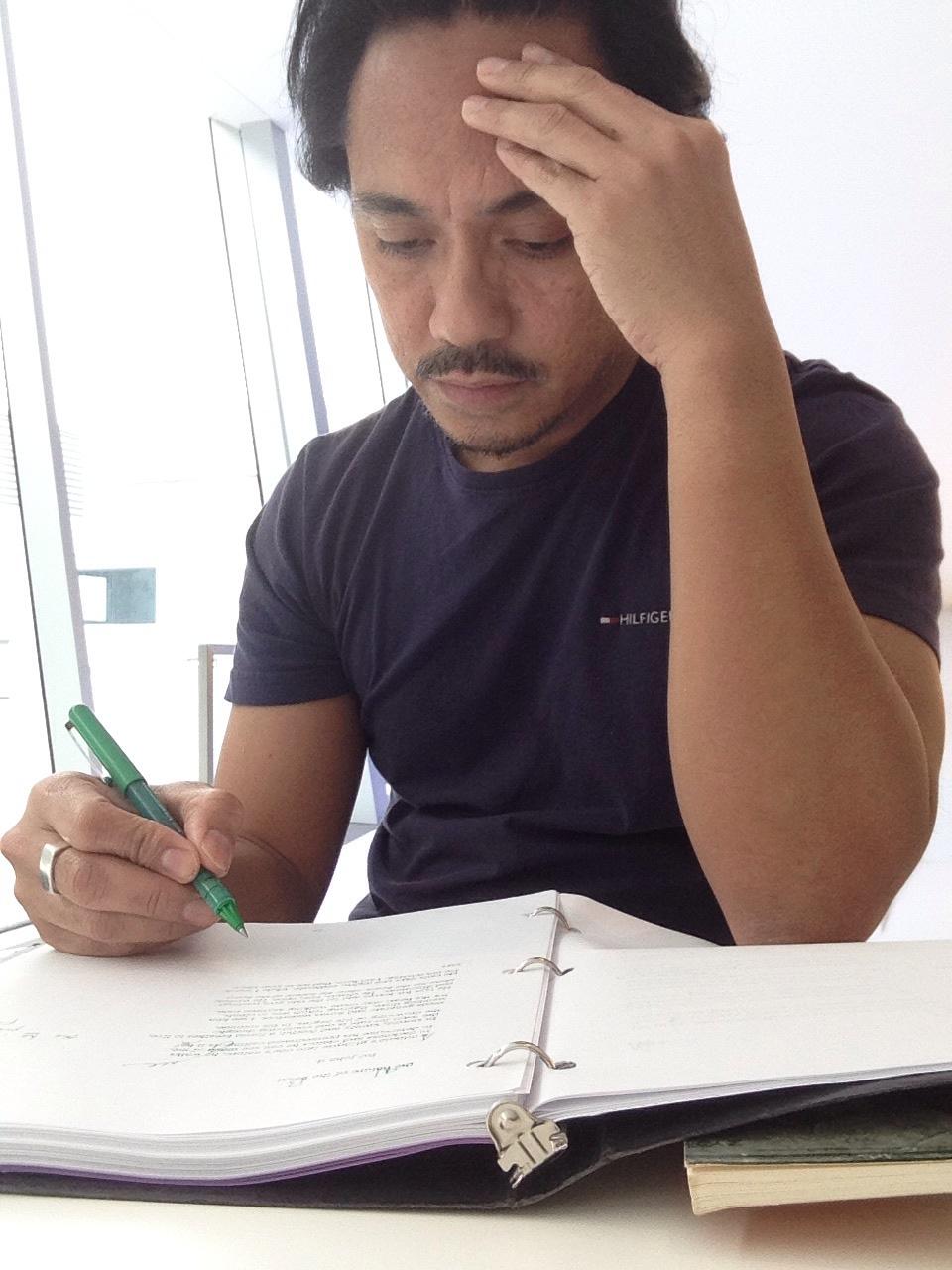How hyper-masculinity denied Babaylan women then, Kamala Harris now, their power
By Allen Gaborro
There is more than one reason why Kamala Harris was defeated by Donald Trump in the 2024 presidential election, the most prominent of all being the fact that the Democratic nominee was a woman.
But it wasn’t simply because Harris was a woman per se that so many men reverted to their sexist and misogynistic impulses in evaluating her for the highest office in the land. It was the expressed representation of a particular typeof woman that turned the corner for hordes of male voters away from Harris.
In the 16th century Philippines, the women of the Babaylanic order and tradition possessed something that Kamala Harris would be denied: salutary power, social, political, and cultural. As much as anything else, what gave the female Babaylan their legitimacy among their followers was both a confident but conscientious self-respect and the same respect from others, most especially the respect of men.
That earthly and spiritual respect entered a dark period with the arrival of Spanish Catholicism in the archipelago. The Babaylan’s encounter with Spanish missionaries out to convert the natives would descend down into a trail of suffering and repression.
With righteous indignation and extreme prejudice, the Spanish Catholic Church spurred on a wave of patriarchal exclusion and colonial disempowerment that emasculated the Babaylan priestesses. Some 400 later, that stark reversal of fortune for pre-colonial female leaders in the Philippines has come to the United States to prevent Kamala Harris from taking her rightful place in history.
It is no accident of history that large swaths of Spanish males performed their time-honored part of the old world, hyper-masculinist oppressor in voting against Kamala Harris. In the process, they recreated what their forerunners did centuries earlier in the Philippines. It was Spanish males who constricted and blunted female autonomy and progressivism among the Babaylan.
Notwithstanding the incredibly long distance between the two historical points, Spanish alpha males thrusted an authoritarian, othering imprint of femaleness on first the Babaylan and then later on Kamala Harris. The transposing of the densely-conservative Spanish male attitudes towards women from colonial Philippines to 21st century American society springs from a deep well of male entitlement. It transcends time and place. It is a politicized and retrograde figment infecting the Jungian collective unconscious.
In the evolutions and devolutions of masculine agendas over the decades—whether in the United States or in the Philippines, whether Spanish or non-Hispanic—women have had to endeavor to carry out a Sisyphean task: to not only dare to dream of but to fulfill and sustain vibrant, advanced, and egalitarian roles and paths.
It is a great shame and injustice that the Babaylan women and Kamala Harris, whose artificially-imposed “limitations” as females were weaponized against them at every turn, were ruthlessly waylaid by socio-cultural and political realities.
A silver lining in all this is that the Babaylan have had a cultural reawakening in Philippine historical studies thanks to the persistent and dedicated efforts of indigenous and postcolonial movements and institutions. Filipinos are becoming ever more acquainted with the Babaylan and what they stood for.
For Kamala Harris and her supporters meanwhile, the fight for a more balanced society goes on in the wake of a devastating electoral setback. We are reminded of what Dante’s “Inferno” and “Paradiso” have taught us: we must go through hell before getting into heaven.



